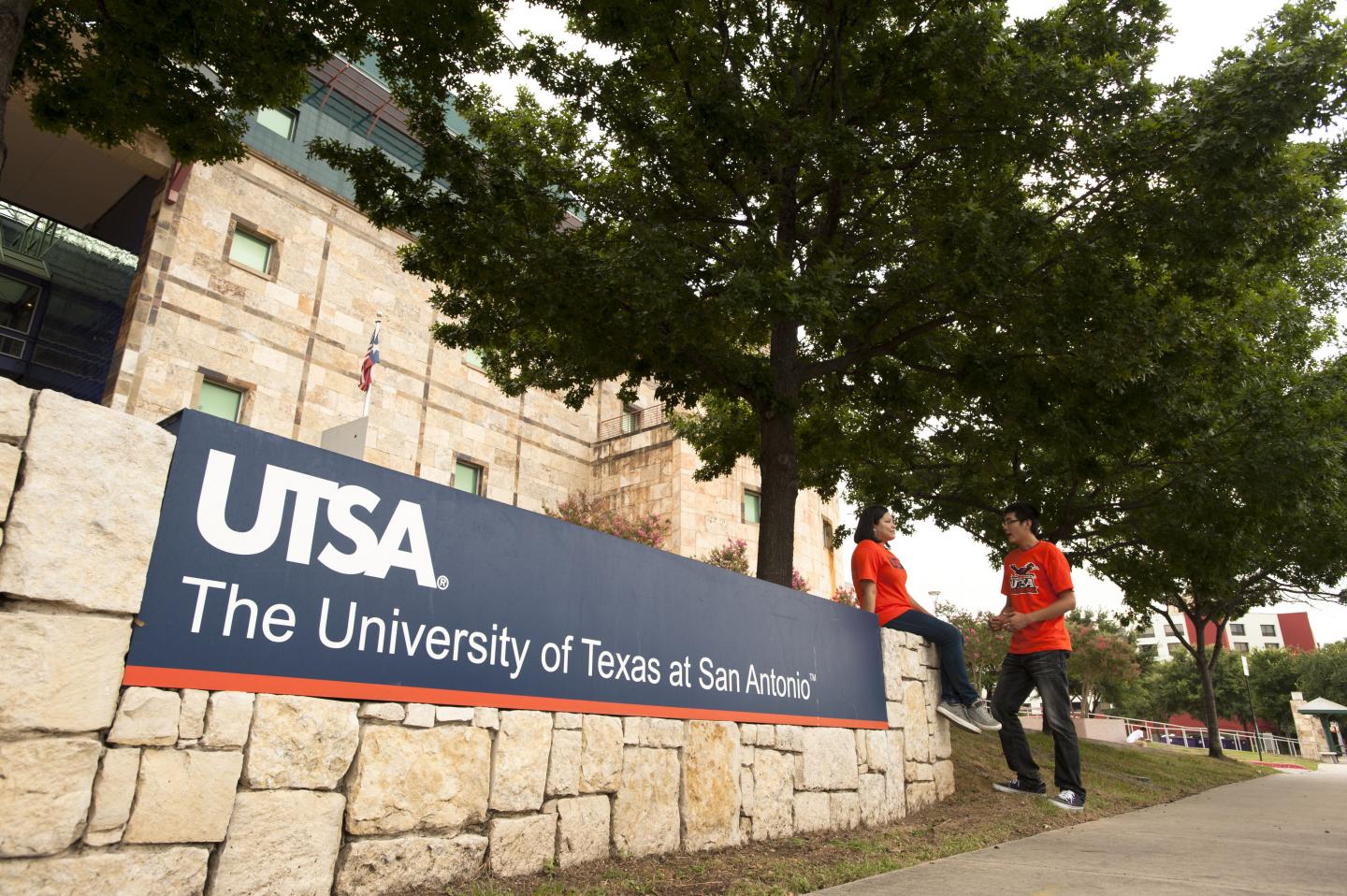
Credit: Courtesy of UTSA Communications
(San Antonio, Jan. 23, 2019) — According to the National Health and Nutrition Examination Survey, over one-third of U.S. adults are obese. At the same time, obesity is the second leading cause of premature death in the North America and Europe.
A recent study by public policy professors Alexander Testa and Dylan Jackson at The University of Texas at San Antonio (UTSA) assesses the link between food-related hardships and obesity. Using the data from the National Longitudinal Study of Adolescent to Adult Health (Add Health) and Center for Disease Control’s (CDC) Modified Retail Food Environment Index (mRFEI)–a national sample that measures food deserts, their study is the first of its kind to assess the relationship between experiencing food insecurity and living in a food desert on obesity.
Food insecurity, by definition, is the inability to acquire adequate food due to a lack of resources. In 2016, an estimated 15.6 million households (12.3 percent) were food insecure. Food deserts are geographic areas where residents do not have access to supermarkets or grocery stores.
Using a national sample of adults across the United States, the UTSA researchers learned that individuals who are food insecure are at an increased risk of obesity. Study results also showed that the individuals who live in food desert are at an elevated risk for obesity. Together, these findings suggest that Americans who either do not have enough to eat or live in areas without access to stores that sell affordable nutritious foods are at greater risk for obesity.
Regarding the study results, Professor Testa stated, “Our study highlights the importance of adequate nutrition for health. Millions of Americans do not have enough food to eat and live in communities where affordable healthy food options are not available. To combat obesity, it is important to ensure that people have consistent access to nutritious food.”
When taking gender and race into account, the researchers observed that women are more likely to exhibit obesity as a result of food insecurity, compared to men. This may be because women are more likely to shield their children from food insecurity by reducing their own nutritional intake. Overall, Black and Hispanic households are at a higher risk for food insecurity in the United States.
“The lack of access to food can be a major stressor on individuals, and our study finds that experiencing food hardships is particularly consequential for the health of women” said Professor Jackson.
In the future, the authors plan to continue to research how difficulties obtaining nutritious food are related to health problems and explore which types of programs may be effective in improving nutrition and health in the United States.
###
Media Contact
Ingrid Wright
[email protected]
210-458-6708
Original Source
http://www.




